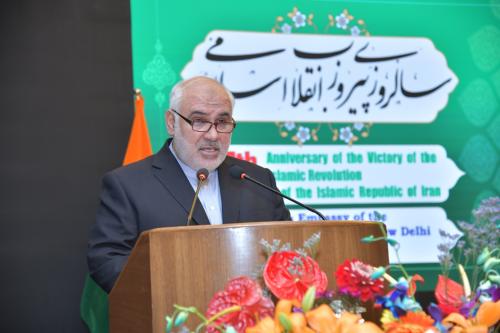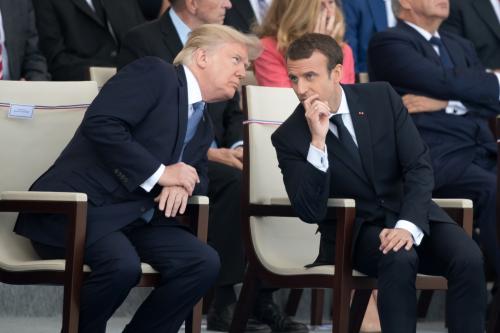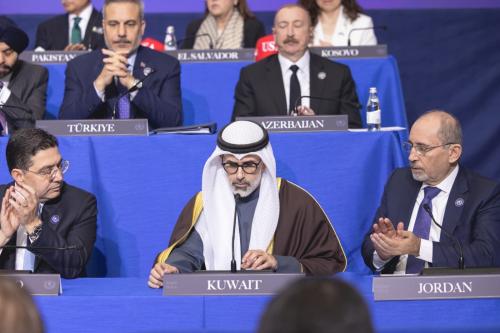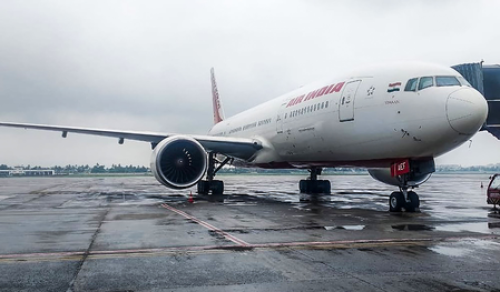Washington: A powerful Congressional committee, on May 4, proposed renaming the US Pacific Command as the Indo-Pacific Command, which is in line with the Trump Administration's nomenclature of describing the strategically vital region. The region has traditionally been called as Asia Pacific. The House Armed Services Committee, in its mark for National Defense Authorization Act (NDAA) 2019, renames the Southeast Asia Maritime Security Initiative as the Indo-Pacific Maritime Security Initiative and proposes to add India as a covered country. This forms part of the key proposals of the NDAA 2019 mark of the Committee, which once passed, would authorize approximately $639.1 billion in discretionary base budget authority. It would also authorize approximately $69 billion of Overseas Contingency Operations (OCO). Similar provisions need to be passed by the Senate Armed Services Committee and thereafter by both the House of Representatives and the Senate before being signed into law by US President Donald Trump. The 15-page summer of the NDAA Mark has a separate section on Indo-Asia-Pacific. "Renames the United States Pacific Command the United States Indo-Pacific Command," the document said. It expresses support for the Indo-Pacific Stability Initiative to enhance US force posture, improve defense infrastructure, basing and logistics and increase bilateral and multilateral training and exercises with allies and partners. The mark also requires the Secretary of Defense to submit a plan to the congressional defense committees by March 1, 2019 with analysis of the challenges faced by the US to meet the objectives and activities outlined in the Indo-Pacific Stability Initiative and the resources needed through fiscal year 2024. It also allows additional countries in the Indo-Pacific region to be included if the Secretary of Defense, in concurrence with the Secretary of State, determines and certifies to the appropriate committees of Congress that it is important for increasing maritime security and maritime domain awareness. It requires the President to develop a whole-of-government strategy regarding strategic competition with China. Among other things, it requires the Secretary of Defense to evaluate Department of Defense expertise in the Chinese, Korean and Russian languages and to provide a plan to address any shortfalls.
Congressional move to rename US Pacific Command as Indo-Pacific Command
- by Rinku
- May 04, 2018 2 minutes
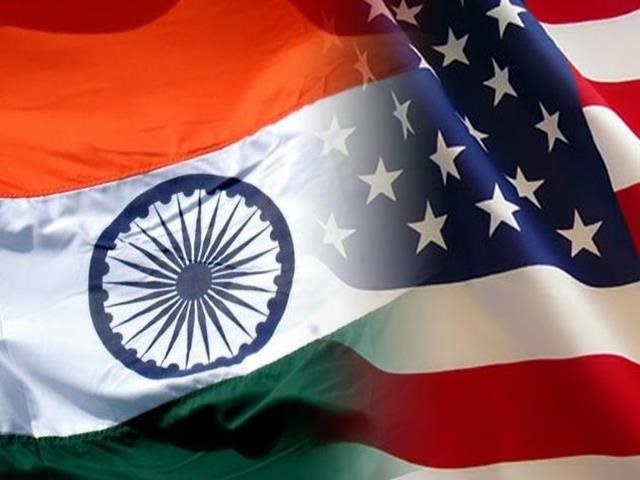
Indo-US





